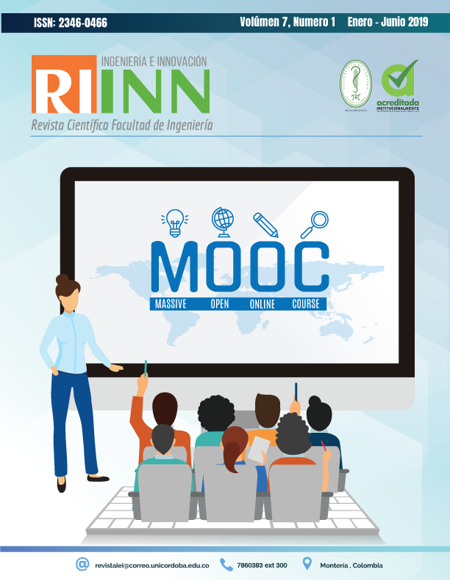Educational innovations with ICT as generators of change in classroom pedagogical practices.
Las Innovaciones Educativas con TIC como generadoras de cambio en las prácticas pedagógicas de aula
Show authors biography
In Phase 1 of the research project “Strengthening and expanding the coverage of postgraduate training in Educational Innovations with ICT through virtual education strategies in the socio-cultural context of the region”, developed by the Universidad del Cauca and in alliance with the Secretariat of Education of Popayán and of Cauca, and the Group of Creation of Companies, inquired about the meaning of Educational Innovations with ICT for teachers in south-western Colombia; global trends in the use of new technologies in education based on the Horizon project reports; and the revision of the study plans of 18 postgraduate programs in Colombia. The conclusion is that Educational Innovations with ICT, rather than the incorporation of technology in education, seeks to generate changes in the pedagogical paradigm based on the possibilities offered by these new technologies.
Article visits 2221 | PDF visits
Downloads
[1]. Castell, M. (2000). La sociedad red. Madrid: Alianza.
[2]. Barrera, F. & Linden, L. (2009). The Use and Misuse of Computers in Education: Evidence from a Randomized Experiment in Colombia. Impact Evaluation Series, 29. Washington: World Bank.
[3]. Díaz Barriga, A. (2003). Currículum: Tensiones conceptuales y prácticas. Revista Electrónica de Investigación Educativa, 5 (2).
[4]. Kemmis, S. & McTaggart, R. (2005). Participatory Action Research: Communicative Action and Public Sphere. In N.K. Denzin & Y.S. Lincoln (Eds.). SAGE Handbook of Qualitative Research. California: Sage.
[5]. Rodríguez, C., Sánchez, F. & Márquez, J. (2011). Impacto del Programa “Computadores para Educar” en la deserción estudiantil, el logro escolar y el ingreso a la educación superior. Documentos CEDE, 15. Bogotá: Universidad de los Andes.
[6]. Severin, E. (2010). Tecnologías de la Información y la Comunicación (TICs) en Educación: Marco conceptual e indicadores. Notas Técnicas, 6. Washington : BID.
[6]. Strauss, A. & Corbin, J. (2002). Bases de la investigación cualitativa: Técnicas y procedimientos para desarrollar la teoría fundamentada. Medellín: Universidad de Antioquía
[7]. Sunkel, G. & Trucco, D. (2010). Nuevas tecnologías de la información y la comunicación para la educación en América Latina: riesgos y oportunidades. Serie Políticas Sociales, 167. Santiago de Chile: CEPAL.




